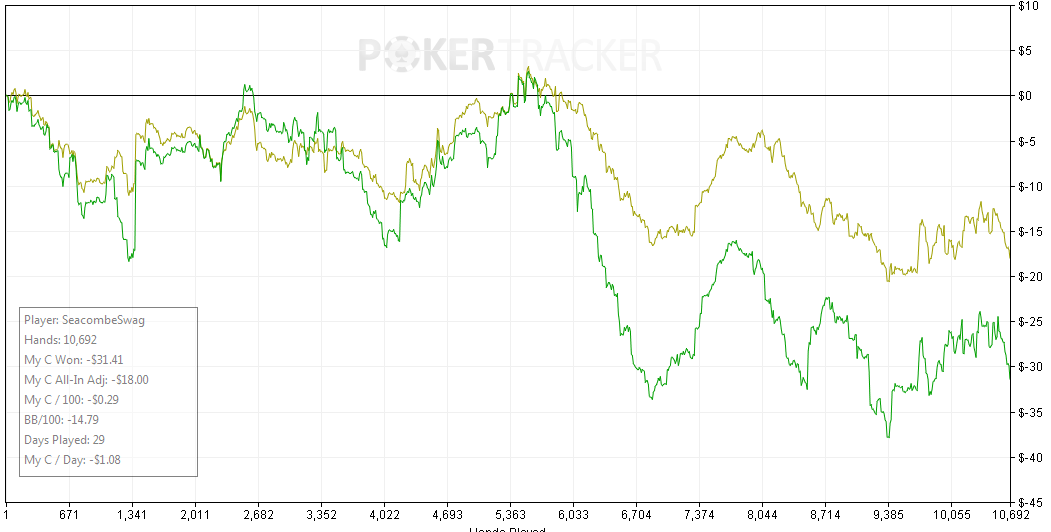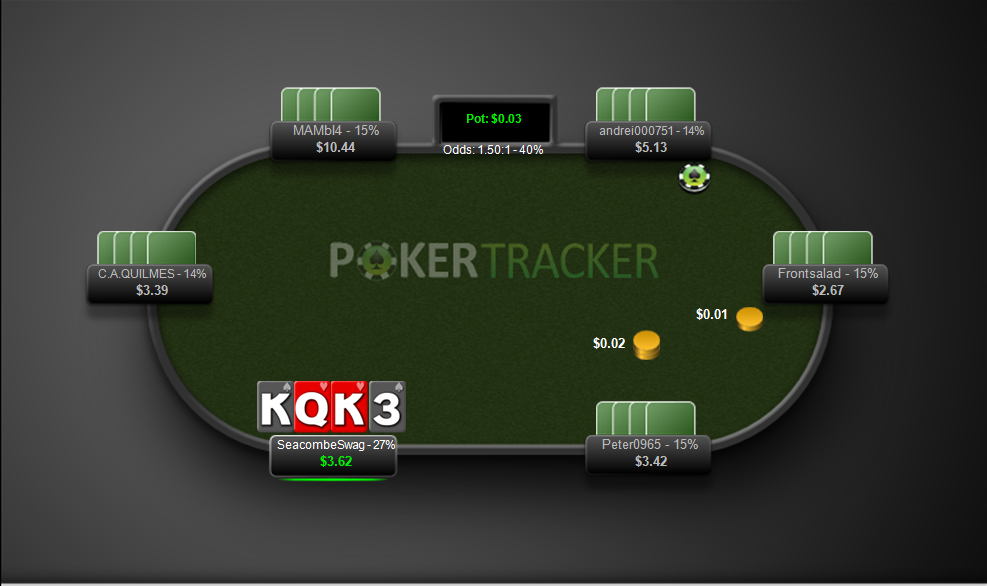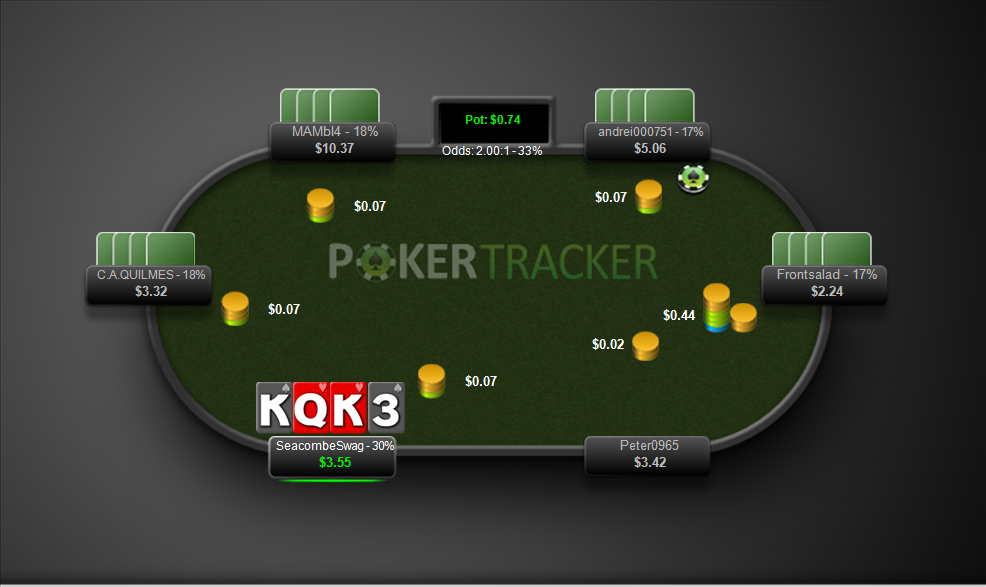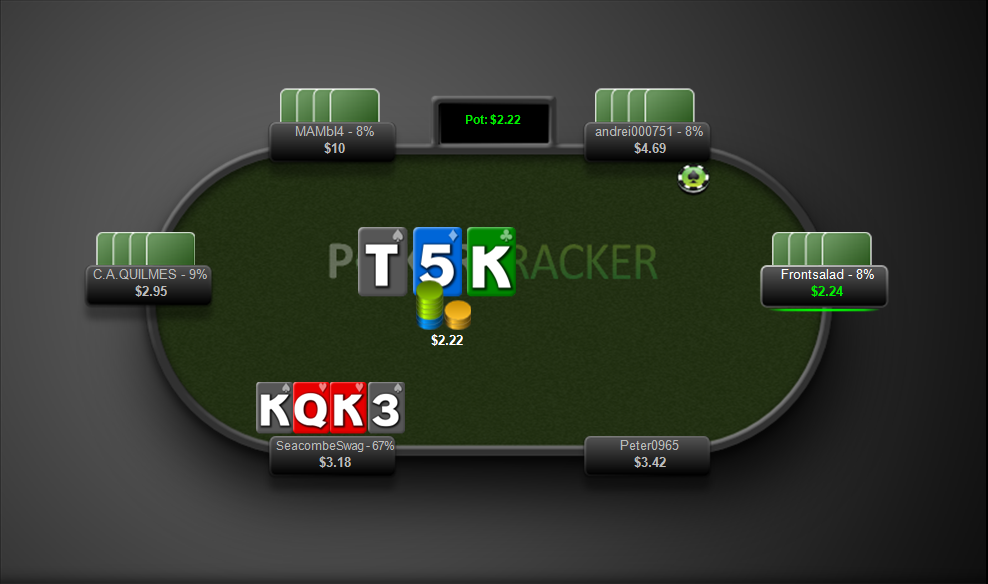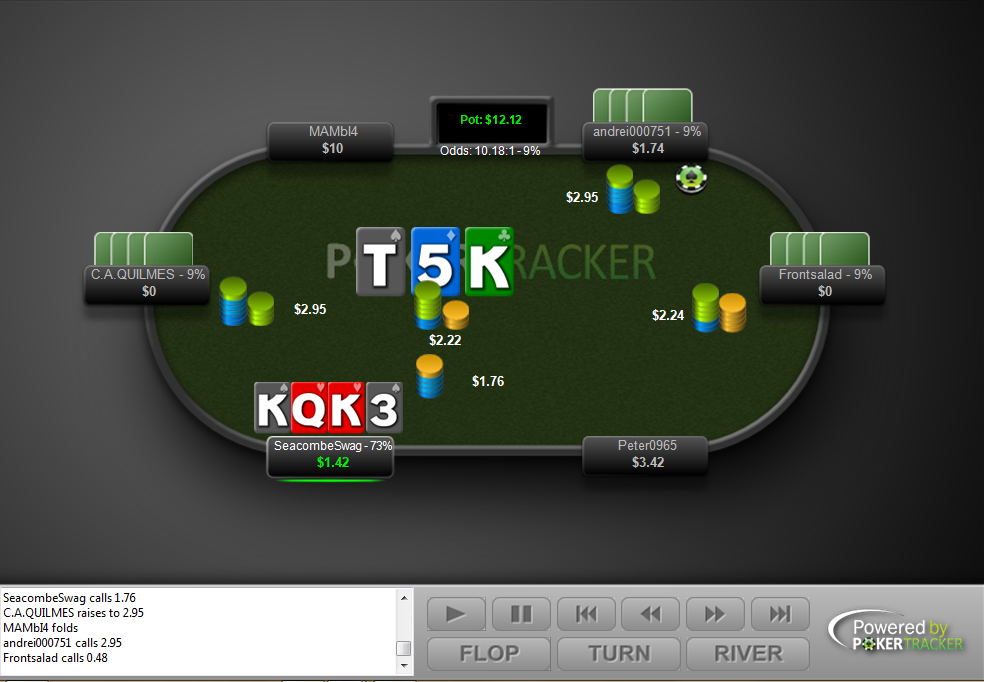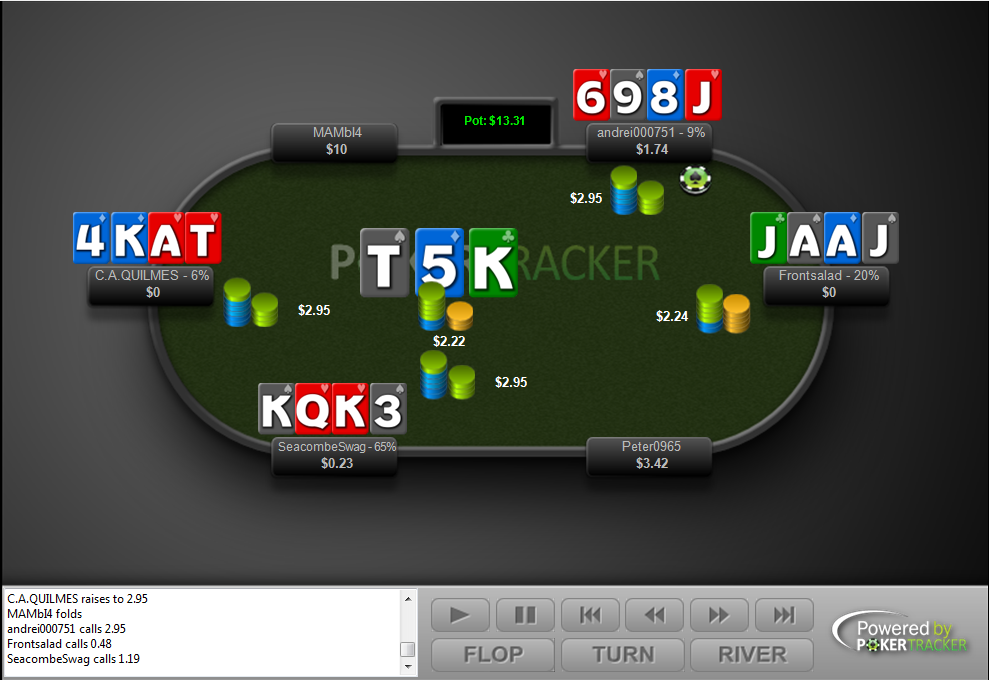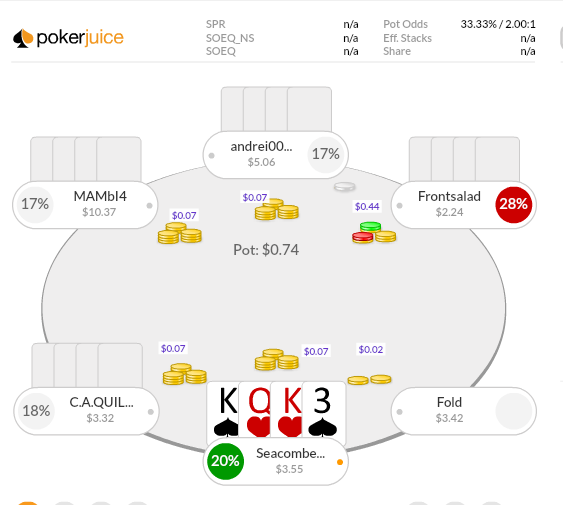Oh, it feels good to be back. Strap yourselves in folks, this could be a long one.
So, as some of you may be aware, I started this blog a few months ago, when I first discovered PLO. I took a break from the blog (and poker altogether), as I said I wouldn't play a hand of PLO throughout uni exams. Well, my last exam was a couple of days ago, and since then I've been playing a fair bit trying to warm up my PLO muscles. I've played about 2k hands over PLO2Z/PLO5Z, decent winner but sample is so small and so much of that game time was me just trying to adapt to playing 4 zoom tables again that there's really nothing to take from the data. However, I can never complain about winning.
I have a couple of things I want to discuss before I come into my goals for poker, mainly about the old format of the blog.
I hate the majority of what I wrote. its rather dramatic, messy and very depictive of someone who wasn't in the best place in their head, which granted I wasn't at the time. The hand review sections are often sloppy, inefficient and at times very inaccurate. Some of the updates I provided, such as me playing 500 hands and claiming I was a winning player at a stake, really demonstrates a lack of understanding. of PLO. However, I see this as a really positive thing. I want to develop in poker. I want to push myself consistently further. So, the idea that I can look back on things I did a few months ago and think "wow, that is terrible" just proves to myself that I am progressing. If I'm looking back on things I did six months ago and see no flaws whatsoever, I'm either perfect or stagnated, and I'm not really a big believer in perfection.
I'm in a far better place than I was when I started this. If you have read my first post, you'll know I wasn't particularly happy with the state of my life. At this moment in time, I couldn't be happier. I really hope to reflect that through my posts.
The structure of my poker will change with my attitude to it. One of the main issues I have with my old methodology of poker development was my studying, or lack thereof. I always aimed to study more and play less, and it never quite worked out like that - which at the time made sense, as poker was something solely for enjoyment in breaks from university. Right now I'm going to treat this like an apprenticeship, in the sense that I'm not doing it for the money, I'm doing it for the experience, to develop myself into something more in the field I want to go into. If I want to effectively develop, I'm going to need to study more. This will come in lots of different forms that I'll discuss later.
The blog may be quite sporadic. I work a zero hour contract and apply for shifts. I'm aiming to average around 25 hours a week working, as this is enough to sustain myself, but some weeks I'll get 0, so the weeks I get offered 50, I'll take it. Most free time is going to go to poker but I don't want to have any financial strains placed on poker at the minute, as I'd rather be relaxed while learning, and I'd also initially want to keep everything I make as a bankroll addition.
Okay, so, now with that out the way, I want to discuss what I want to achieve in poker over the next 15 months (until university starts again for me). There is only one goal - do everything I can to reach a point, where come September 2017, it is viable for me to consider switching to PLO full time. Now, I want to stress, I do not mean that I want to be a professional by this point. I mean I want to have the fundamental skills, technical and mental, along with the bankroll (which I plan on building), to safely and consistently make enough money in poker to survive. How will I achieve this? Through a shit tonne of hard work, constant self-examination through monthly goals and a very study heavy schedule. With that being said;
June 2016 Goals
1) Regain Confidence Multitabling - Considering I haven't played regularly in about six weeks or so, I've lost a lot of my muscle-memory decision making, so I find myself slightly panicked/rushed when multitabling and often leads to mistakes from things such as not checking opponent HUD. I've begun to regain the confidence to make correct decisions quickly, but I would like to cement it, and go back to having 4 Zoom tables be my standard
2) Study the PLOQuickPro Manual in depth - I've already read it once and I have to say it was hugely influential in my game, but I feel like I skimmed past concepts I didn't fully understand and I've probably forgotten a lot of the material. I will study each chapter in depth, make notes, and make sure I fully understand every concept before moving on to the next.
3) The same as above, but for The Mental Game of Poker. The mental side of the game is something I've found myself improving on a lot just by changing my attitude towards the game (and focusing on my yellow line and not my green!), but again I want to make sure I fully understand every concept.
4) Develop a routine that works for me - I've had some issues knowing things like when to play, how long for, how long to take breaks etc. I'll experiment and see what conditions I perform best under. I will also schedule that for every hour I play, I study for an hour.
5) Take breaks - I've never really taken a day off poker whilst playing poker. I believe this is unhealthy and may lead to burning out so I'm going to try and take a day off at least once a fortnight. I imagine this will come fairly naturally when I have late shifts etc.
6) Utilise free time, don't be lazy - Again, I have no idea how much free time I'm going to have, so I'm not setting anything with time limits - instead, I want to make sure that when I have the free time to play or study, I'm doing it.
7) Don't go broke.
That's it for now, I think. I really can't wait to get back into this. Going to go watch the final and then start studying PLOQuickPro.
Hopefully see you next time!
Seacombe
Okay, so, now with that out the way, I want to discuss what I want to achieve in poker over the next 15 months (until university starts again for me). There is only one goal - do everything I can to reach a point, where come September 2017, it is viable for me to consider switching to PLO full time. Now, I want to stress, I do not mean that I want to be a professional by this point. I mean I want to have the fundamental skills, technical and mental, along with the bankroll (which I plan on building), to safely and consistently make enough money in poker to survive. How will I achieve this? Through a shit tonne of hard work, constant self-examination through monthly goals and a very study heavy schedule. With that being said;
June 2016 Goals
1) Regain Confidence Multitabling - Considering I haven't played regularly in about six weeks or so, I've lost a lot of my muscle-memory decision making, so I find myself slightly panicked/rushed when multitabling and often leads to mistakes from things such as not checking opponent HUD. I've begun to regain the confidence to make correct decisions quickly, but I would like to cement it, and go back to having 4 Zoom tables be my standard
2) Study the PLOQuickPro Manual in depth - I've already read it once and I have to say it was hugely influential in my game, but I feel like I skimmed past concepts I didn't fully understand and I've probably forgotten a lot of the material. I will study each chapter in depth, make notes, and make sure I fully understand every concept before moving on to the next.
3) The same as above, but for The Mental Game of Poker. The mental side of the game is something I've found myself improving on a lot just by changing my attitude towards the game (and focusing on my yellow line and not my green!), but again I want to make sure I fully understand every concept.
4) Develop a routine that works for me - I've had some issues knowing things like when to play, how long for, how long to take breaks etc. I'll experiment and see what conditions I perform best under. I will also schedule that for every hour I play, I study for an hour.
5) Take breaks - I've never really taken a day off poker whilst playing poker. I believe this is unhealthy and may lead to burning out so I'm going to try and take a day off at least once a fortnight. I imagine this will come fairly naturally when I have late shifts etc.
6) Utilise free time, don't be lazy - Again, I have no idea how much free time I'm going to have, so I'm not setting anything with time limits - instead, I want to make sure that when I have the free time to play or study, I'm doing it.
7) Don't go broke.
That's it for now, I think. I really can't wait to get back into this. Going to go watch the final and then start studying PLOQuickPro.
Hopefully see you next time!
Seacombe















